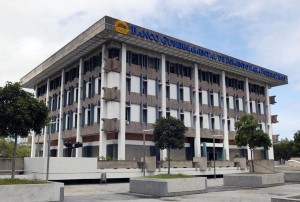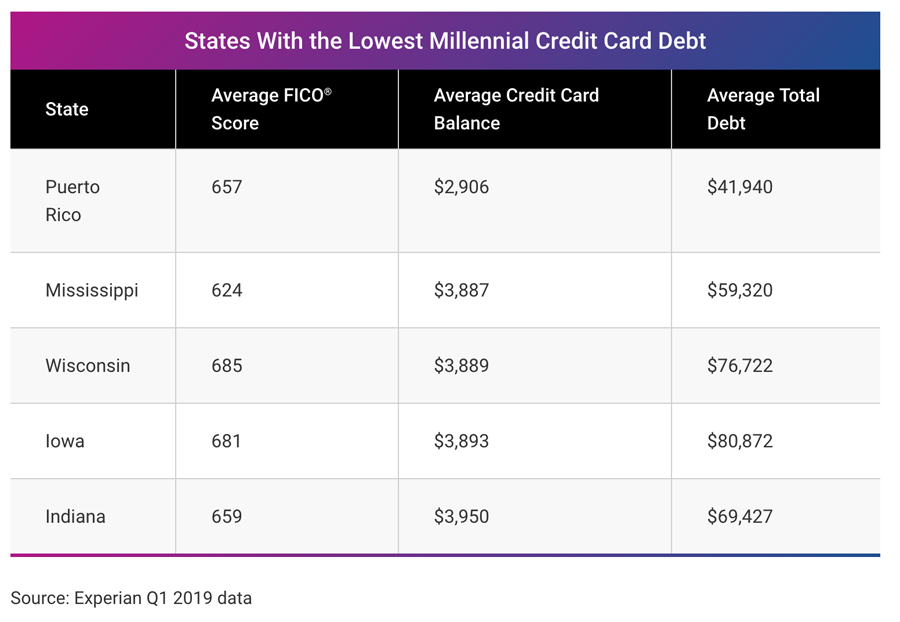S&P lowers GDB’s rating over debt moratorium law


Both S&P and Moody’s expressed concern over the moratorium law signed last week. (Credit: © Mauricio Pascual)
The Puerto Rico government’s decision to enact a debt moratorium and declare a state of emergency at the Government Development Bank prompted ratings agency S&P to downgrade the agency and Moody’s to warn of looming creditor lawsuits.
In comments issued Monday, S&P confirmed it lowered the GDB’s rating to ‘SD/–/D’ (SD: selective default) from ‘CC/Negative/C,’ because restricting depositors’ access to their funds constitutes a selective default of the agency’s obligations, as defined in its criteria.
On Friday, Gov. Alejandro García-Padilla signed an executive order to declare a “state of emergency” at the GDB, looking to safeguard the agency’s dwindling liquidity by preventing GDB’s depositors — including municipalities and public agencies — from withdrawing funds from the bank, except to fund essential services.
Essential services include government payroll, police, fire, medical, and education services, among other things. Moreover, all obligations guaranteed by GDB were also temporarily
“We view the selective blockage of depositors’ access to funds as a default on the bank’s counterparty obligations suspended,” S&P credit analyst Shameer Bandeally said.
While the governor did not exercise his authority to declare a moratorium on GDB’s $423 million May 2nd debt payment, S&P believes a default on that payment is “virtually certain,” Bandeally said.
“We would lower our ratings on GDB’s debt issues to ‘D’ upon an actual default of principal or interest payment on the scheduled due dates, or potentially in the event that a moratorium on funded debt is implemented,” the analyst said.
Meanwhile, Moody’s said the enactment of the legislation is a “credit-negative development because it signals the culmination of the U.S. territory’s liquidity crisis and the complexity of negotiating restructuring agreements with holders of Puerto Rico’s approximately $72 billion of debt across numerous security types.”
Furthermore, the agency said despite the law’s stay on litigation, it expects bondholders to challenge it at the U.S. District Court for Puerto Rico. The suits “may complicate or delay efforts at achieving negotiated debt restructuring agreements. Because Puerto Rico’s statute cannot govern matters of federal law, bondholders will be free to assert violations of U.S. constitutional principles.”













